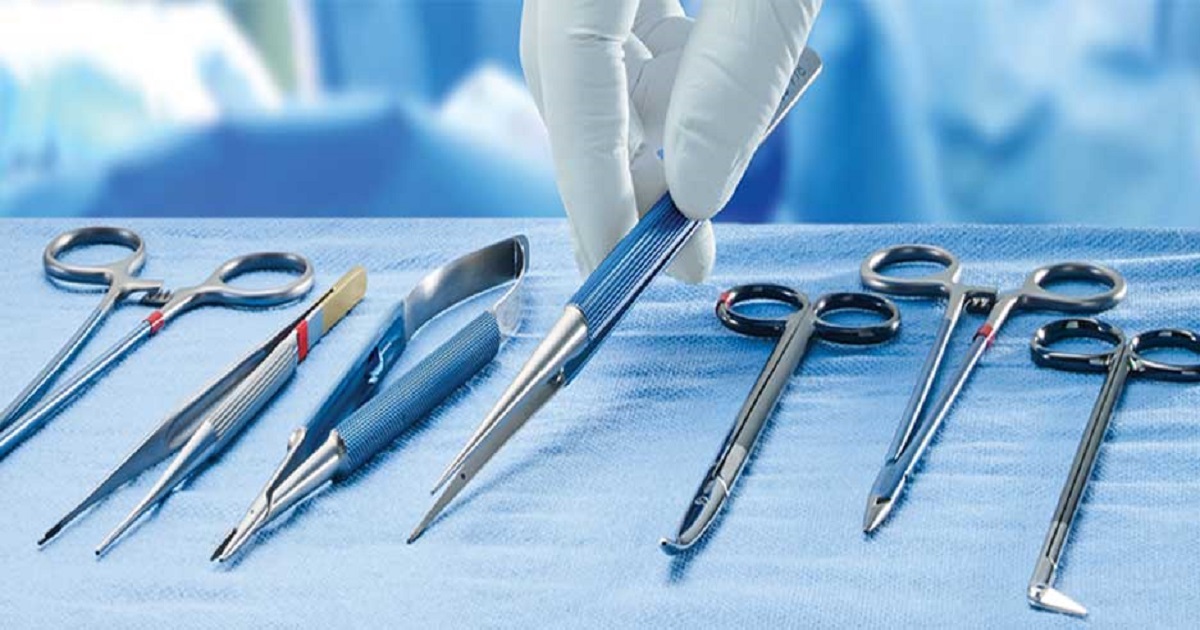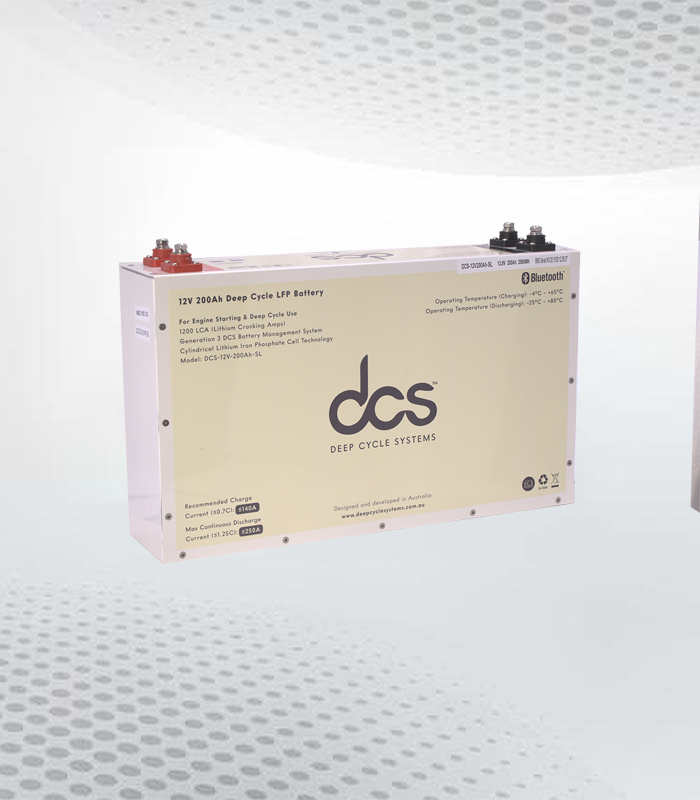Pakistan has seen substantial growth in the healthcare sector, particularly in the manufacturing of surgical instruments. Among the various categories of medical equipment produced, plastic surgery instruments are gaining prominence. These instruments require high precision, and manufacturers in Pakistan are increasingly meeting international standards. In this article, we will explore the landscape of Plastic Surgery Instrument Manufacturers in Pakistan, their contributions to the global market, the challenges they face, and the opportunities available.
Overview of the Plastic Surgery Instrument Industry in Pakistan
Pakistan’s surgical instrument industry is mainly concentrated in the city of Sialkot, which is renowned globally for its high-quality production of medical instruments. The industry here has a rich history dating back more than a century, and it continues to grow, especially in specialized areas like plastic surgery instruments.
Key Features of the Industry
-
High-Quality Manufacturing: Pakistani manufacturers are known for producing instruments that meet international standards like ISO 13485, CE, and FDA certifications. The use of stainless steel and other high-grade materials ensures durability and precision.
-
Cost-Effective Production: Due to lower labor costs, manufacturers in Pakistan can offer high-quality instruments at competitive prices compared to European and American suppliers.
-
Skilled Workforce: The industry benefits from a pool of highly skilled artisans and technicians who have developed expertise in crafting delicate and precise surgical instruments.
-
Focus on Innovation: Manufacturers are increasingly investing in research and development (R&D) to create innovative tools that cater to the evolving needs of plastic surgeons.
Leading Plastic Surgery Instrument Manufacturers in Pakistan
Several companies have established themselves as key players in the production of plastic surgery instruments. Here’s a look at some of the most prominent manufacturers:
1. Bnody Surgical Instruments
Located in Sialkot, Bnody Surgical Instruments specializes in producing a wide range of plastic surgery instruments. Their product line includes dissecting scissors, forceps, needle holders, and retractors. The company is known for its stringent quality control processes and adherence to international certifications.
2. Precision Surgico
Precision Surgico has a solid reputation for manufacturing high-precision instruments used in microsurgery, which is crucial in plastic surgery procedures. Their instruments are crafted using advanced CNC machining technologies, ensuring the highest level of accuracy.
Product Range of Plastic Surgery Instruments
The following are some of the most commonly produced plastic surgery instruments in Pakistan:
-
Scalpels and Blades: Used for making incisions with high precision.
-
Dissecting Scissors: available in a range of sizes and forms to meet different surgical requirements.
-
Forceps: Essential for handling tissues and sutures during procedures.
-
Needle Holders: Used for stitching wounds, with fine control for delicate operations.
-
Skin Hooks and Retractors: Used to hold back tissues for better visibility during surgery.
-
Surgical Elevators: These are used to separate and lift soft tissues.
The Global Market for Pakistani Plastic Surgery Instruments
Pakistan’s surgical instrument industry, including plastic surgery tools, is a major exporter. The instruments are highly regarded for their quality and affordability, making them attractive in markets like the USA, UK, Germany, and the Middle East.
Export Trends and Key Markets
-
United States and Europe: These regions remain the largest importers of Pakistani plastic surgery instruments due to their high demand for quality medical equipment at competitive prices.
-
Middle East and Africa: The growing healthcare sector in these regions has led to increased demand for cost-effective surgical instruments from Pakistan.
-
Asia-Pacific: With the rise in cosmetic surgery procedures in countries like China and South Korea, Pakistani manufacturers are seeing increased business from this region.
Challenges Faced by Plastic Surgery Instrument Manufacturers in Pakistan
Even if the sector is growing, there are still difficulties:
-
Compliance with International Standards: Constantly evolving international standards require continuous updates in manufacturing processes, which can be costly.
-
Technological Advancements: The need for state-of-the-art machinery and technological upgrades is crucial for staying competitive, but smaller manufacturers may struggle to afford such investments.
-
Supply Chain Disruptions: Global supply chain challenges, especially post-pandemic, have affected the timely delivery of raw materials and exports.
-
Competition from Other Countries: Countries like China and India also produce surgical instruments, often at lower costs, posing stiff competition for Pakistani manufacturers.
Opportunities for Growth
Despite these obstacles, Pakistan’s plastic surgery instrument manufacturing sector has a number of potential prospects.
-
Expansion of Product Lines: By diversifying their offerings to include more specialized instruments, manufacturers can tap into niche markets.
-
Investment in R&D: Innovation is key to staying competitive. Investing in R&D can lead to the development of new, advanced instruments that meet the needs of modern plastic surgery.
-
Adoption of Digital Marketing: Many manufacturers are shifting to digital platforms to showcase their products, reaching a wider global audience and improving sales.
-
Strategic Partnerships: Collaborations with international medical equipment companies can provide Pakistani manufacturers with the expertise and resources to scale their operations.
Future Outlook
The future looks promising for plastic surgery instrument manufacturers in Pakistan. With a focus on innovation, quality, and cost-effectiveness, these companies are well-positioned to expand their market share globally. As healthcare continues to advance, the demand for high-precision surgical instruments is expected to rise, presenting significant opportunities for growth.
Conclusion
Pakistan’s plastic surgery instrument manufacturing industry plays a crucial role in the global healthcare sector. The market dominance of Pakistani manufacturers can be attributed to their adept craftsmanship, economical production, and conformity to global norms. While challenges exist, the industry’s focus on innovation and quality positions it well for continued growth. With further investment in technology and strategic global partnerships, Pakistan’s manufacturers can continue to be key players in the plastic surgery instrument sector.




